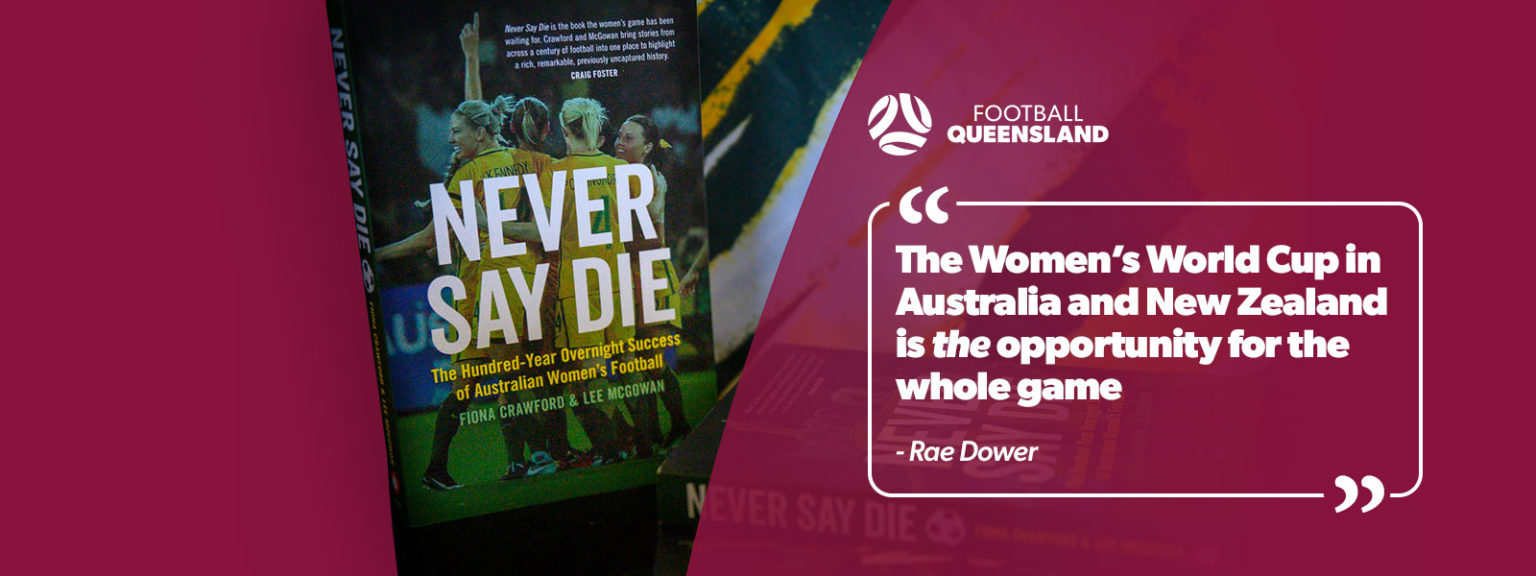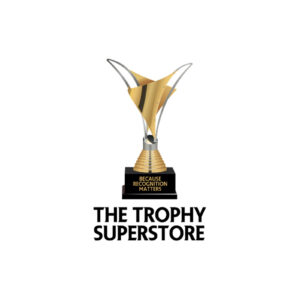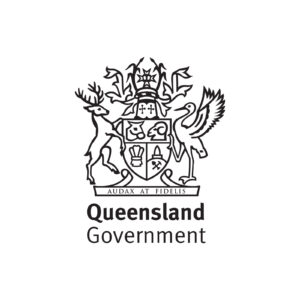Junior Matildas head coach Rae Dower hailed the “staggering” growth of women’s football in Australia during a Sunday morning session of the Brisbane Writers Festival.
“If we talk about numbers, we know that football is the biggest participant sport in the country,” said Dower, adding that collaboration between all members of the football community was key to unlocking the legacy of the 2023 FIFA Women’s World Cup.
“The Women’s World Cup in Australia and New Zealand is the opportunity for the whole game,” said Dower, who also works as a QAS Mentor.
“To continue to build participation is great, but then you need a whole lot of extra coaches, referees, access to fields, access to training and medical care.”
Dower pointed to Football Queensland’s recent female-only B Licence course – the first of its kind ever held in Australia – as one example of the initiatives that will continue to grow the women’s game.
She also lauded FQ’s appointment of Jacqui Hurford, a former FIFA referee, to the role of State Referees Manager – the first time a woman had held such a position.
In a wide-ranging discussion with Fiona Crawford and Dr Lee McGowan, co-authors of Never Say Die: The Hundred-Year Overnight Success of Australian Women’s Football, both Dower and Crawford paid tribute to the ongoing creativity and resilience of female footballers and administrators.
Dower gave a special Mother’s Day tribute to her mother, Fay, a long-serving administrator of the South Queensland Women’s Soccer Association.
“My brother and I were quite hyperactive when we were young, so we needed to be put into sport to tire us out,” recalled Dower.
“Mum and Dad took us to the local football club, North Star, but they didn’t have a girls’ team. I was lucky that my brother’s coach let me train twice a week. But then it came to Saturday, game day, and I was on the sideline!
“The following year, 1977, was the very first Brisbane under-14s girls’ competition, so as a seven-year-old I jumped in and started my playing career there.
“I know that women’s football, certainly here in Brisbane and in Queensland, wouldn’t have had the leg-up that it did were if not for people like Mum and Lyn Ketter and Elaine Watson, who was a matriarch of our game.”
Dr McGowan reminded the audience that 2021 marks 100 years of women’s football in Queensland, noting that 10,000 people attended a women’s match at the Gabba on 24 September 1921.
The panelists tracked the progress of the women’s game from the amateur era where women had to fight for a space to play, to the current era of surging participation numbers, pathways for elite footballers and pay parity for W-League and Matildas players.
“I have the responsibility and privilege to influence the next generation and to try to remind them of the links to the past,” said Dower.
“I try to remind the players that yes, the coin is great and the opportunity to work as a full-time athlete is great, but it’s about standing on the shoulders of those that have come before us. That’s where you get that real passion.”
To find out more about the history of women’s football in Queensland, click here.
















